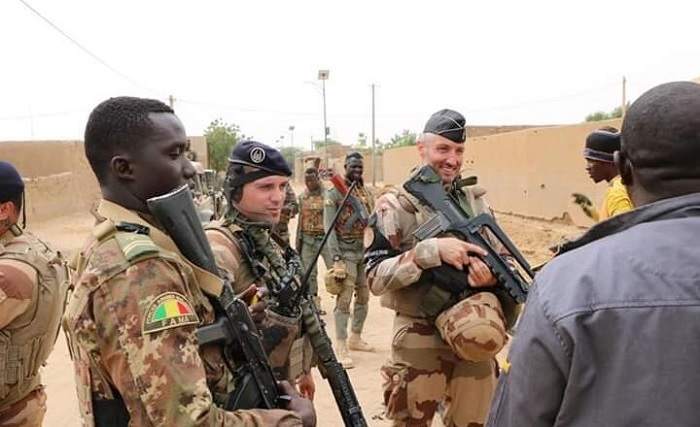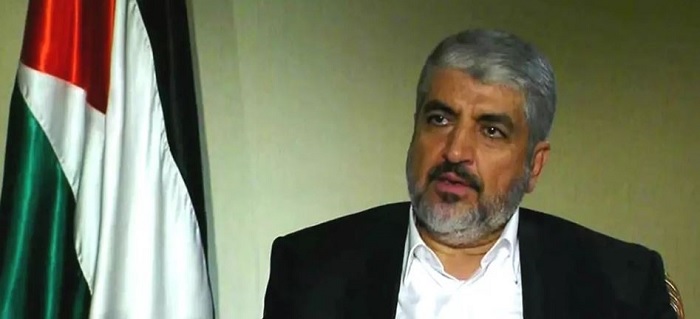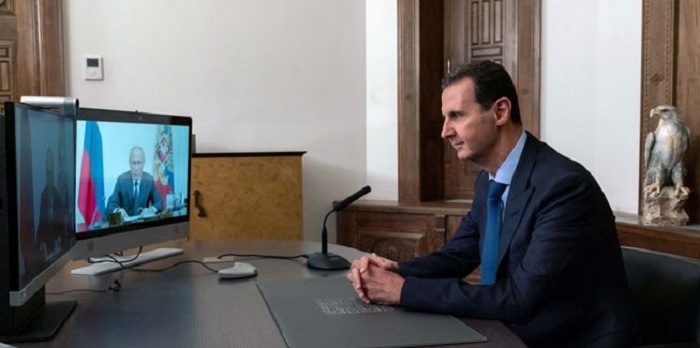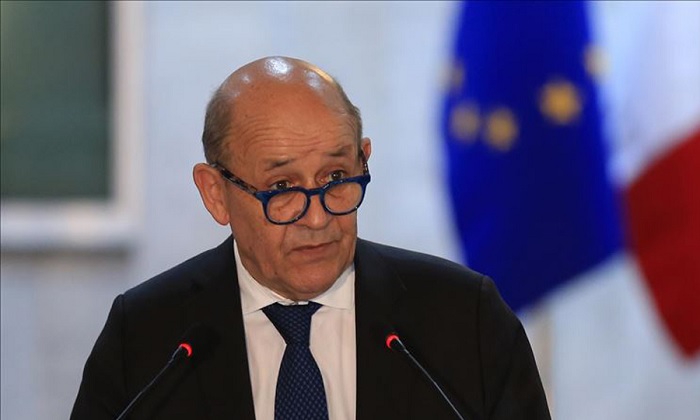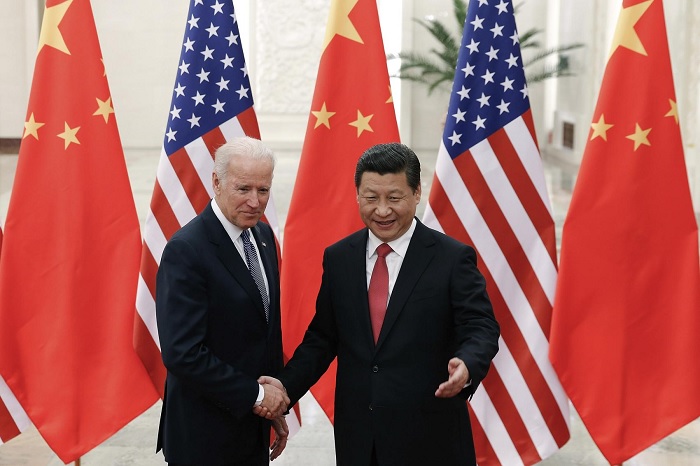Plus de 1600 migrants sont arrivés sur les îles Canaries ce week-end
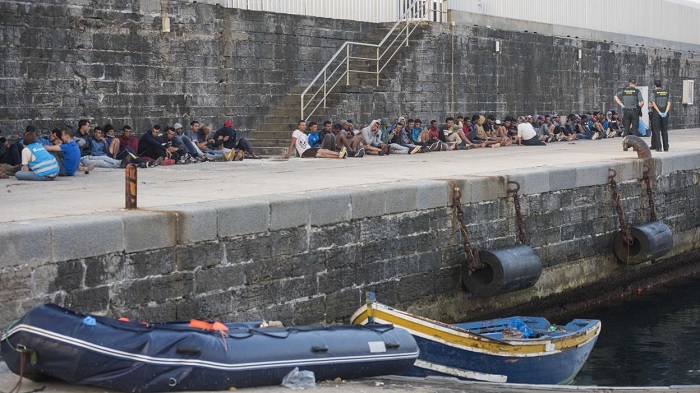
Plus de 1600 migrants sont arrivés du continent africain ce week-end sur les côtes des îles espagnoles des Canaries en 48 heures, un rythme d’une ampleur inédite depuis plus d’une décennie, ont annoncé les services d’urgence locaux.

